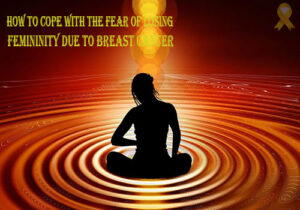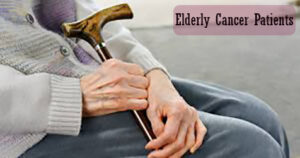Hope After Breast Cancer: Finding Strength, Healing, and a Brighter Future
Care & Healing: Empowering Breast Cancer Survivors through Care, Awareness, and Sustainable Healing In today’s world, many of us face challenges that test both our body and soul. Yet amidst all the hardships, there’s an inner strength that can gently push us forward—hope.Hope for healing. Hope for a brighter tomorrow. Hope for returning to life. […]
Hope After Breast Cancer: Finding Strength, Healing, and a Brighter Future Read More »





